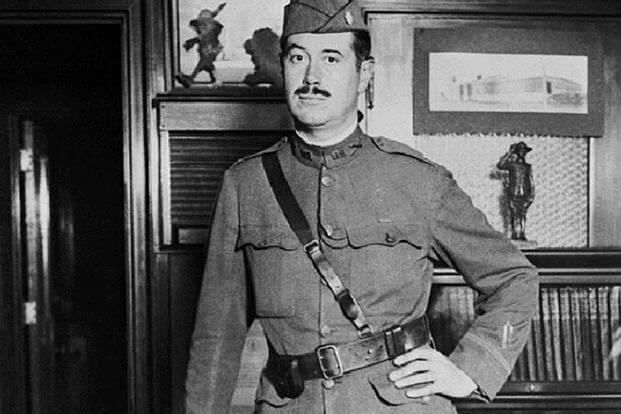The 1918 Battle of Cantigny was the first combat that members of the American Expeditionary Forces saw in Europe; it was also their first victory. In the midst of the First Division fought Col. Robert R. McCormick, commander of the First Battalion, 5th Field Artillery -- but this wasn't the first action he'd seen in the war. McCormick, the eccentric and well-connected publisher of the Chicago Tribune, had already been to the Russian Front. There, he'd delivered code books from the British that he had smuggled to the continent in his wife's jewel case.
When McCormick arrived on the frozen front in 1915, a half-dead German soldier surrendered to him from a snowbank. The Russian commander told McCormick to "take him as your servant." Struck by the anomalies he'd seen, on the way home, McCormick penned a book, "With the Russian Army," that remains a classic of its kind, for he was the first Allied emissary to actually see the Russian Front's conditions. However, his experience also led to some misbegotten predictions. McCormick believed that a German invasion of the continental U.S. was imminent and called for new fortifications, including a guarded pass at the Rocky Mountains.
While McCormick had some odd ideas, his combat experience in France resulted in a good one that is now his legacy to history. When McCormick returned from the war, he renamed his family estate Cantigny. He also began a collection of memorabilia there that would lead to a museum to the First Division, opened in 1992. On his death in 1955, McCormick left the estate to be managed as an educational and recreational park. Today, it includes one of the country's finest golf courses.
The Cantigny First Division Museum has exhibits from all major U.S. international engagements of the last century, with each room set up in a lifelike manner. Visitors can feel they are "there" with the First Division -- be that in a Fort Devens barracks room, in a trench with the doughboys or on the beaches at Normandy.
It is ironic that this popular museum that teaches so many about American soldiers should have been founded and financed by a man who became a strict isolationist. Despite his brave service in World War I and Mexico, despite his international education and exploits, McCormick believed European wars were European affairs. During World War II, he often publicly lambasted President Franklin D. Roosevelt for the country's involvement.
Want to Know More About the Military?
Be sure to get the latest news about the U.S. military, as well as critical info about how to join and all the benefits of service. Subscribe to Military.com and receive customized updates delivered straight to your inbox.















